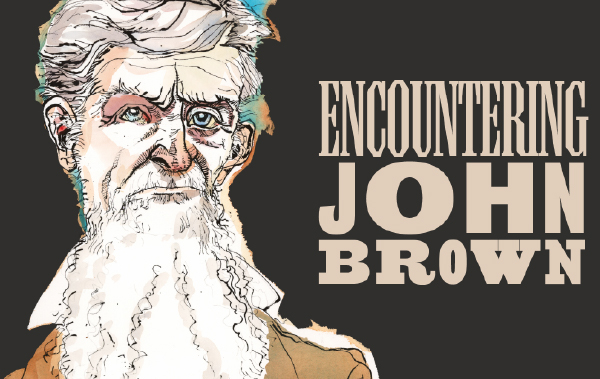
Making a Bilingual Traveling Exhibit
The text of A History of Walls was written in English and translated into Spanish. We knew we wanted the exhibit to be bilingual; the audience for this exhibit will be North American, and many of the North Americans affected by the United States-Mexico border wall speak Spanish. To us, it felt like a disservice to only include English interpretation. So we committed ourselves to making A History of Walls a bilingual traveling exhibit.
The process of getting the interpretation translated was as smooth as we could have hoped. The translator was quick, professional, and thorough, and we contracted with another native Spanish speaker to check the translation and give edits. (We recommend having a second set of eyes on the translation if you’re planning on designing a bilingual traveling exhibit yourself.) Before we knew it, the written interpretation for A History of Walls was translated and ready to integrate into the design.
The most challenging aspect of including a Spanish language translation was making decisions about how to incorporate the translation into the page design. What we quickly learned about designing for interpretation in two languages is that many of the choices we made suggested hierarchy. If the Spanish-language interpretation is placed below the English-language interpretation, does that suggest that the Spanish-language translation is somehow less important? As we were already well into the design of the exhibit itself, doing a rework of the interpretation wasn’t possible. So despite the fact that placing the translated interpretation below the English-language material created unintended hierarchical associations, we proceeded with the design.

As we create other exhibits that feature interpretation in both English and Spanish, our hope is to design the exhibit in such a way as to avoid the suggestions of hierarchy that appear in the design of A History of Walls. We believe every visitor should feel welcome in an exhibit space, and we’re committed to making that happen for Overland traveling exhibits going forward.



